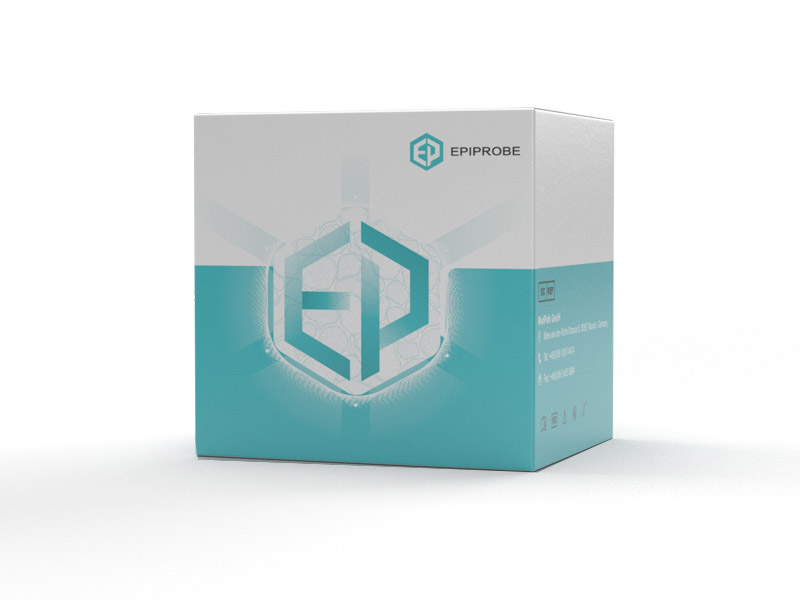In recent years, genomics advances have dramatically improved our understanding of the human genome and the genetic basis of disease. This knowledge has enabled us to develop new treatments, diagnostic tools, and preventive measures that can improve patient outcomes and quality of life. Perhaps most exciting are new opportunities for improving collaboration between clinicians, researchers, and data scientists as they work together to understand biological pathways and disease progression.
Today, genomic testing is only one piece of the puzzle; data analysis techniques are essential for interpreting results. By leveraging various algorithms, including artificial intelligence (AI) models embedded in data analysis pipelines, clinicians can quickly sift through massive datasets, looking for patterns and insights that would otherwise be difficult to detect manually. This approach has already yielded promising results in cancer therapy, where pipelines leveraging AI-based approaches can help identify tumor markers or predict drug responses. Isothermal Molecular Diagnostics

For precision medicine initiatives, collaborative data analysis techniques are becoming critical. New software approaches enable researchers from different disciplines (such as genetics, computer science, and epidemiology) to collaborate more effectively and securely to optimize patient outcomes by combining their expertise and data sets.
In this eBook from GEN, sponsored by Seqera Labs, we delve into collaborative data analysis pipelines from multiple perspectives. We explain how next-generation pipeline management coupled with effective use of cloud infrastructure can help boost productivity, enable deeper analysis, and even reduce costs. Technologies such as Nextflow, Nextflow Tower, and high-quality curated community pipelines are changing how organizations view genomic data analysis. Today, Nextflow-powered pipelines are used for everything from basic research to genetic surveillance to personalized medicine.
As these fields continue to evolve together, we will see new scientific breakthroughs and improvements in how healthcare providers diagnose and treat their patients — outcomes that are good for all of us. So read on, and learn how modern collaborative data analysis techniques are helping to untangle some of the most challenging problems in biology.

Diagnostic Molecular Biology Log in to leave a comment